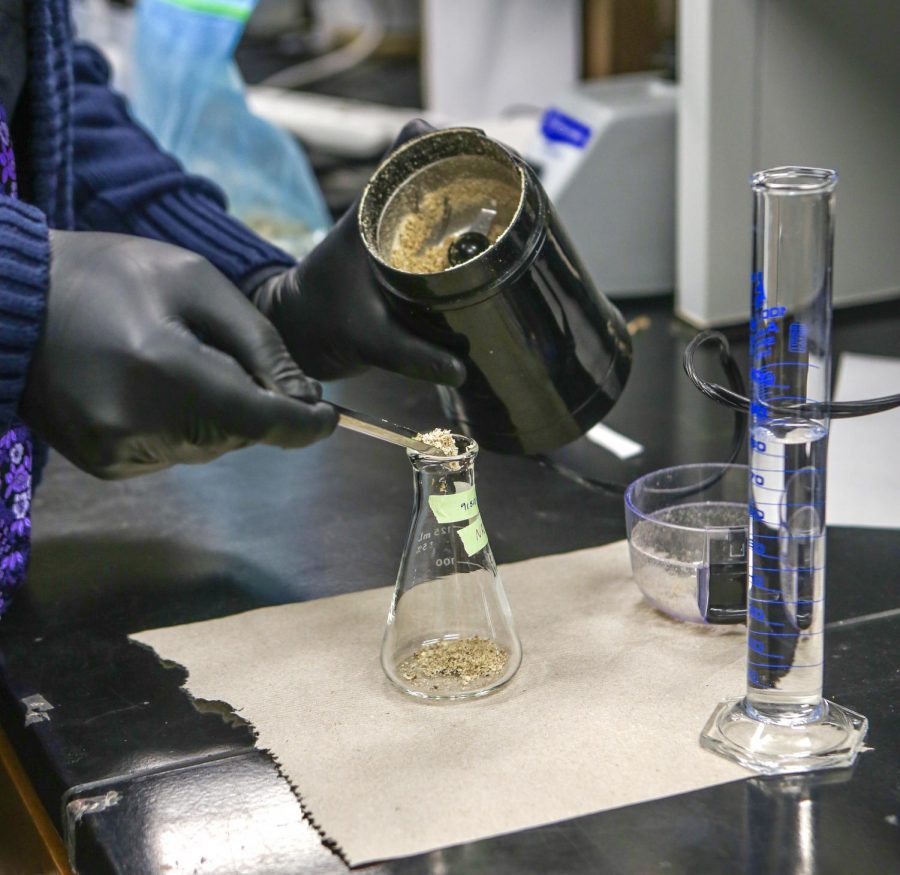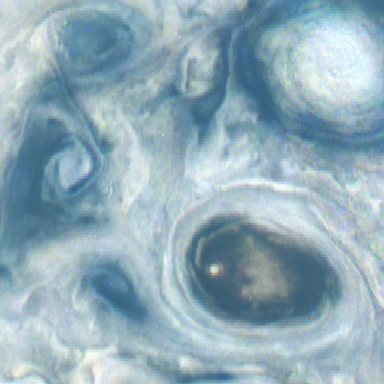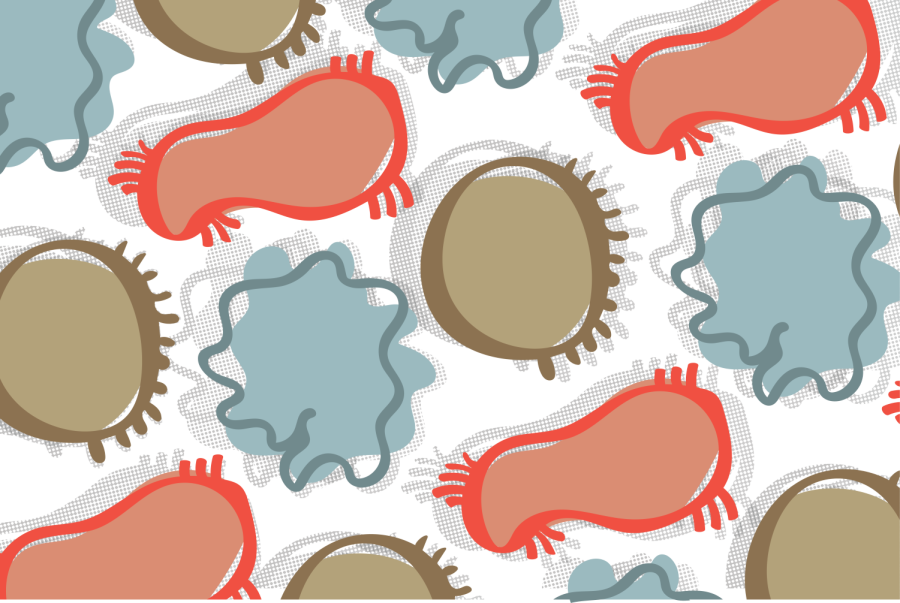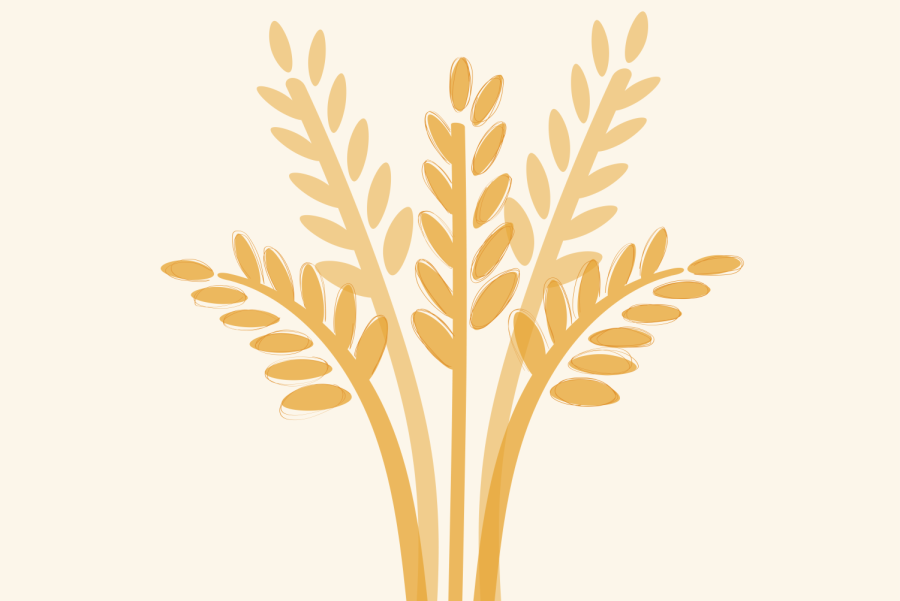Researchers at the University of Minnesota are using tropical tree seeds to develop an antiviral coating for face masks that can help prevent the spread of COVID-19.
Led by University assistant engineering professor Boya Xiong, the ongoing research studies proteins found in the seed of the Moringa oleifera tree, which is native to Northern India. Xiong said these seeds contain antimicrobial proteins that can fend off bacteria and viruses like COVID-19 if applied to a face mask in a liquid coating.
Eventually, Xiong said she hopes to develop a coating that people can apply to masks at home. After soaking a mask with the liquid and letting it dry, the coating will be able to remove the COVID-19 virus on contact.
“I definitely feel very proud that if this works, we will eventually be able to make a face covering that does have the capability to enhance virus removal of the common face covering,” Xiong said. “It will be very meaningful for my career and for myself.”
While exploration of how the proteins in the seed bind with viruses is an emerging discovery, Xiong said it is known they can remove viruses at high efficiencies.
Xiong, who began studying these specific tree seeds as a doctoral student at Penn State University, started the mask coating project this fall with special funding from the Center for Disease Control and Prevention (CDC). The research will be funded for two years, with the first year focused on developing a prototype and the second focused on researching the reusability and stability of the coating.
In 2016, Xiong’s research team at Penn State University studied how the seeds can kill bacteria in water if applied to water filters. When the pandemic began, Xiong realized her work with Moringa oleifera seeds could also be effective in removing COVID-19 virus particles.
Graduate student Tariq Bastawisy joined Xiong’s research team last year after completing his undergraduate degree at the University. According to Bastawisy, another benefit of the seeds used within the coating is their sustainability as a resource.
“This is a very sustainable way of creating face coverings,” Bastawisy said. “These seeds are very biodegradable. They’re sustainable in the sense that they won’t hurt people now and they won’t hurt people in the future either.”
While research around the seeds is currently a small field, with the majority of researchers originating from Xiong’s team at Penn State, researchers said they hope this project will allow for a greater exploration of the features of the seed.
Bastawisy said the scope of this project can extend beyond masks. The seeds have already been used in wastewater treatment plants to clean water by adhering to viruses found in human fecal matter.
Both Xiong and Bastawisy said they take pride in being a part of a project that could have an impact on stopping the spread of COVID-19.
“It is mind-blowing. I became an engineer in the first place to help people. It’s not to make money or anything like that,” Bastawisy said. “Being part of this project is helping millions of people and it doesn’t get better than that.”





















Donna Marshall
Dec 4, 2021 at 11:40 pm
This plant or rather tree is widely used in Africa as a food against hunger it is also widely used by nursing mothers to aid in milk production, many children eat it daily. It is used as a cure all for over 300 ailments. Not to mention its anti-viral and anti inflammatory properties. It is used in the aid of cancer patients. I personally believe this is one of the driving factors in why Covid has not hit Africa as hard as other parts of the world….great work